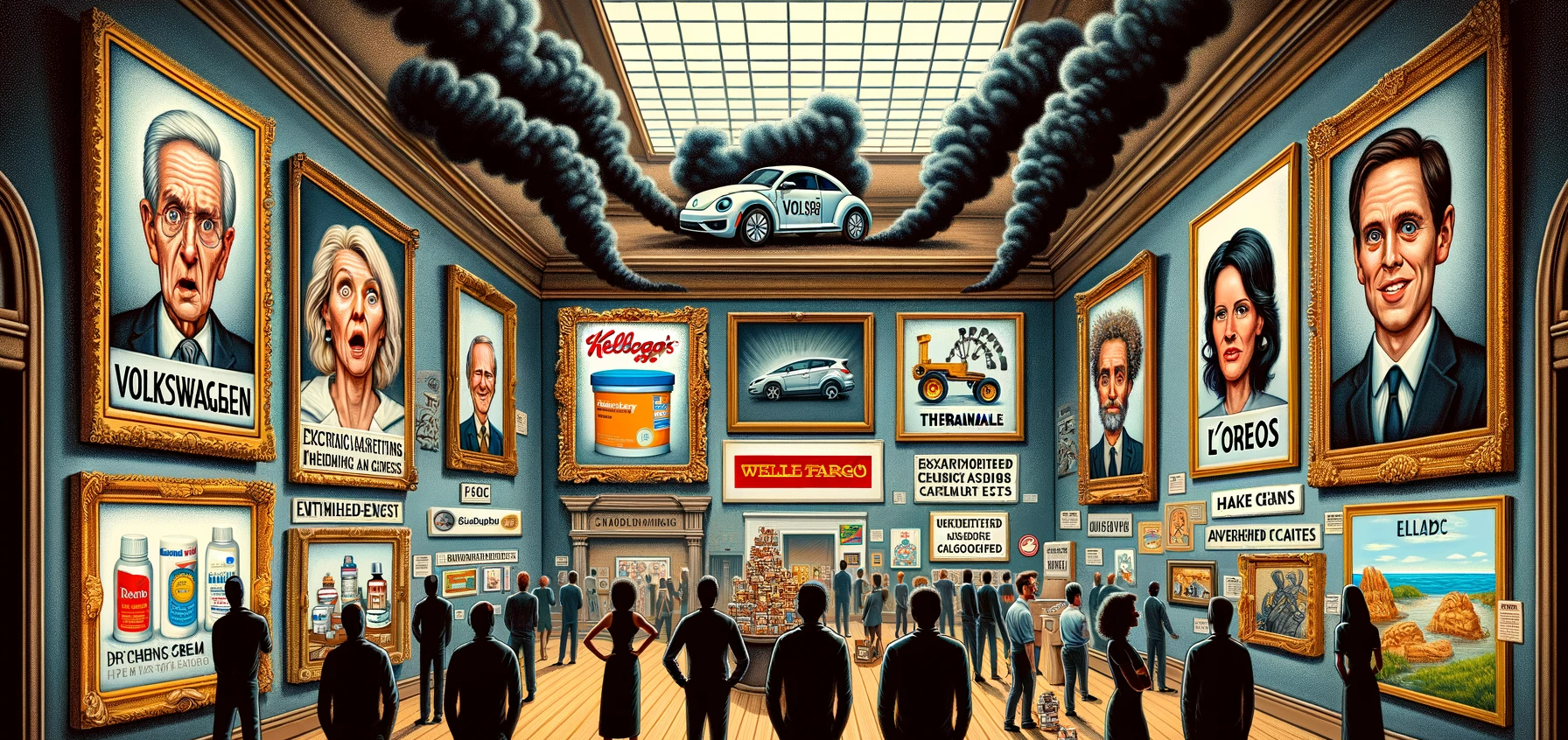In today’s fast-paced digital world, marketing campaigns are the sparkling billboards of the Internet, promising everything from revolutionary skincare to life-changing apps. But as consumers become more savvy and skeptical, the importance of fact-checking in marketing cannot be overstated. It’s no longer just about catchy slogans; it’s about credibility, trust, and, let’s face it, not getting caught in the ‘fake news’ trap. So, let’s embark on a journey through the land of fact-checked marketing, where honesty isn’t just the best policy – it’s the only policy!
The Why: Unmasking the Need for Fact-Checking
Remember the game of ‘Telephone’ from our childhood? One message turns into a completely different one by the time it reaches the last person. That’s precisely what can happen in marketing without fact-checking. Misinformation can not only tarnish a brand’s image but also mislead consumers. Enter the superhero team of fact-checkers, armed with their magnifying glasses and a commitment to the truth.
The How: Tactics of Truth
The Detective Work
- Cross-Referencing: Brands like [Example Company] use multiple sources to verify claims. Think of it as getting a second (and third) opinion on a questionable haircut.
- Expert Opinions: Companies often turn to industry experts, much like [Example Company], who add a layer of credibility to their claims.
- Data Dive: Numbers don’t lie, or do they? Brands like [Example Company] ensure their statistics are up-to-date and from reputable sources.
The Creative Angle
- Transparency Tales: Some brands, like [Example Company], turn fact-checking into a storytelling element, making honesty part of their brand narrative.
- Humor Meets Honesty: Imagine a campaign that says, “9 out of 10 dentists love our toothpaste. The 10th one just doesn’t like mint.” That’s [Example Company] using humor to highlight honest claims.
The Who: Companies Leading the Charge
- Patagonia: This outdoor clothing brand is known for its environmental activism and commitment to truthful advertising. They often provide detailed information about their supply chain and the environmental impact of their products, ensuring that their marketing aligns with their ethical standards.
- Lush Cosmetics: Lush is famous for its transparent marketing practices, especially in how they source their ingredients and their stance against animal testing. Their campaigns are often educational, focusing on the benefits and origins of the ingredients they use.
- Lego: Known for its family-friendly image, Lego ensures that its marketing campaigns are honest, accurate, and age-appropriate. They are committed to responsible marketing, especially when it involves children, and adhere to strict advertising standards.
- IKEA: IKEA has been recognized for its honest approach in marketing. They often use real-life situations and humor in their campaigns, focusing on the functionality and affordability of their products rather than exaggerated claims.
- Warby Parker: This eyewear company has built its brand on transparency and social good. They are known for their straightforward marketing and the “Buy a Pair, Give a Pair” campaign, where they donate a pair of glasses for every pair sold.
- These companies demonstrate that factual and honest marketing can be an effective strategy for building trust and a loyal customer base.
The Fake: Companies That have Mislead You
- Volkswagen (Diesel Emissions Scandal): Volkswagen faced significant backlash and legal consequences for installing software in their diesel vehicles that manipulated emissions tests. This scandal, known as “Dieselgate,” revealed that their vehicles emitted more pollutants than advertised, leading to widespread criticism and legal action.
- Theranos: Theranos, a now-defunct biotech company, claimed to have revolutionized blood testing technology. However, it was later revealed that their technology was flawed and did not deliver on the promised results. The company and its founder faced legal action for misleading investors and consumers.
- L’Oréal: The cosmetics giant has faced legal action for misleading advertising. In one instance, they made exaggerated claims about the anti-aging effects of their skincare products, which led to a settlement with the Federal Trade Commission (FTC) in the United States.
- Kellogg’s: Kellogg’s was required to settle with the FTC over claims that their cereals could boost a child’s immunity. The company had to discontinue these advertisements and adjust their marketing strategies to ensure more accuracy in their health-related claims.
- Wells Fargo: Known for the fake accounts scandal, Wells Fargo employees created millions of unauthorized bank and credit card accounts without their customers’ knowledge or consent. This practice was part of an internal sales target and incentive culture, and it led to significant fines and damage to the bank’s reputation.
The Impact: More Than Just Facts
Fact-checking isn’t just about avoiding legal battles or Twitter feuds. It’s about building a relationship with consumers based on trust. Brands that embrace this practice find themselves not just with loyal customers, but with brand advocates.
The Future is Fact-Checked
As we bid adieu to an era of over-exaggerated claims, the future of marketing looks bright – and accurate. Fact-checking is no longer a ‘nice-to-have’ but a ‘must-have’ in the marketing toolkit. In a world where consumers are bombarded with information, the brands that stand out will be those that not only catch the eye but also tell the truth.
So, the next time you see a marketing claim that seems too good to be true, remember – there’s probably a team of fact-checkers behind it, ensuring that what glitters might just actually be gold.
